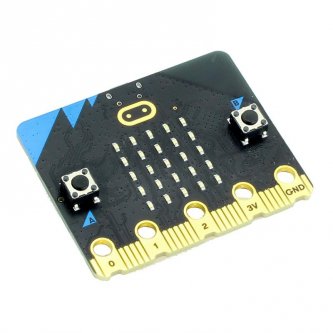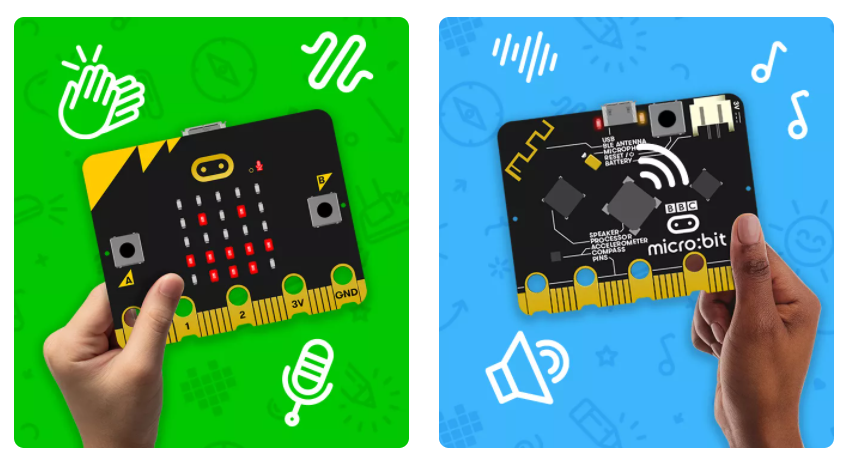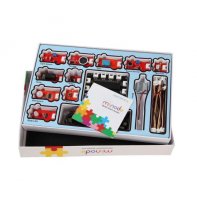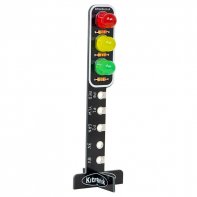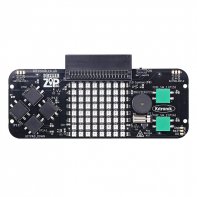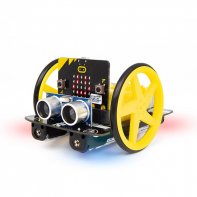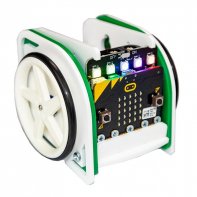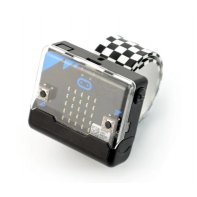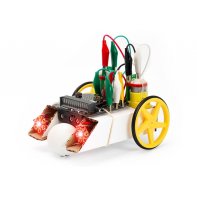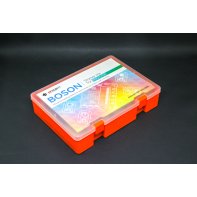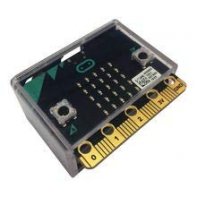BBC Micro:bit V2
With five million micro:bits already in use for teaching digital skills and computer thinking, the updated micro:bit is designed to add even more opportunities for learning, exploration and creativity in the classroom. This BBC Micro:bit V2 card is now equipped with a speaker and microphone.
Touch sensor (much like your phone), power saving mode and more computing power.
New BBC Micro:bit V2 card
With the speaker, microphone and touch sensor built into the new micro:bit, you can add even more interesting elements to your projects:
- Clap your hands to make your heart beat with the sound sensor
- Fly your drone to see how movement affects the frequency, tempo and volume of your sound.
- Keep singing to make all LEDs light up.
- Speak into your:bit microphone and listen to it mimic the rhythm of your speech.
The BBC's new:bit microphone has a built-in microphone and loudspeaker to enable sound detection and production without the need to plug in another device.
The latest micro:bit will fit perfectly into your existing lessons and hardware; all existing MakeCode blocks and MicroPython code will work the same as on the original micro:bit. The previous micro:bit will also continue to work as before. Other features, including simple ways to introduce AI and ML in the classroom, will be available throughout 2021.
In the five years since the design of the first micro:bit, the Micro:bit Educational Foundation has listened to the demands of educators. In updating the micro:bit, they have opened up a new range of creative possibilities without removing or disrupting the existing micro:bit experience.
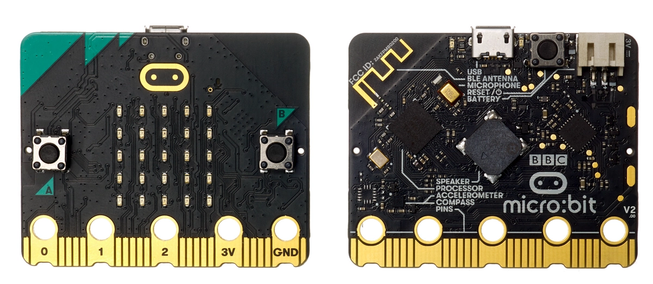
Q&A BBC Micro:bit V2
Can I still use the micro:bit I have?
Your micro:bit(s) will always work exactly the same and will continue to be supported by Microsoft MakeCode and MicroPython. You will also be able to continue to use all your resources in exactly the same way as before. All programs you create that use the original micro:bit functions will work on your original and new version of micro:bit.
I have a micro:bit and lots of lessons for my students. Will the new micro:bit work with them?
Yes, the new micro:bit will work with your existing micro:bits the same way they do now. You will only need to update your hex files before using the new micro:bit.
Will my accessories work with the new micro:bit?
Microbit works closely with accessory manufacturers to ensure that your accessories will continue to work in the same way. Sometimes this may not be possible, but it will be rare.



